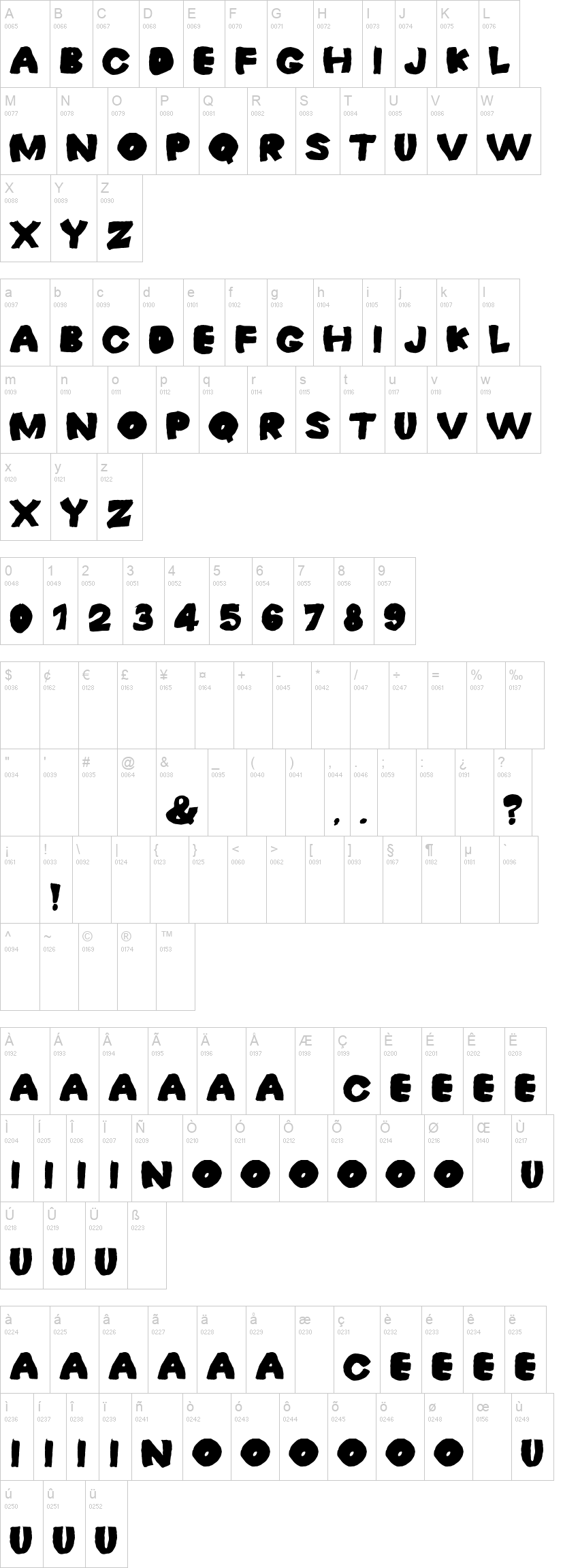Hunger is a natural sensation that signals our body's need for energy and nutrients. However, in certain situations, people may seek temporary replacements for hunger to manage their appetite or achieve specific health goals. Whether you're trying to lose weight, fasting, or dealing with food scarcity, understanding the concept of temporary hunger replacement is crucial.
Temporary hunger replacement involves using various methods or products to suppress hunger or provide a sense of fullness without consuming large amounts of food. This approach has gained popularity among individuals looking for ways to control their calorie intake while maintaining their energy levels. In this article, we will explore the concept, benefits, risks, and alternatives to temporary hunger replacement.
By the end of this article, you will have a comprehensive understanding of how temporary hunger replacements work, the best options available, and how to choose the right solution for your needs. Let's dive in!
Read also:Looks Like Jenna Starr Unveiling The Iconic Persona
Table of Contents
- Introduction to Temporary Hunger Replacement
- The Biology of Hunger
- Methods of Temporary Hunger Replacement
- Popular Products for Hunger Suppression
- Risks and Side Effects
- Benefits of Temporary Hunger Replacement
- Natural Alternatives to Hunger Replacement
- The Science Behind Hunger Suppression
- Integration with Diet and Lifestyle
- Conclusion and Final Thoughts
Introduction to Temporary Hunger Replacement
Temporary hunger replacement refers to the use of various techniques and products to reduce or delay the sensation of hunger. This method is particularly useful for individuals who want to control their eating habits without feeling deprived. Hunger is a complex physiological process that involves hormones, brain signals, and environmental factors. Understanding how these elements interact can help you make informed decisions about managing your appetite.
Hunger replacement can take many forms, including dietary supplements, meal replacements, and natural remedies. The choice of method depends on individual goals, preferences, and health conditions. For instance, someone trying to lose weight might opt for a protein shake as a meal replacement, while another person might prefer herbal teas to suppress their appetite.
The Biology of Hunger
How Hunger Works
Hunger is regulated by a delicate balance of hormones and neurotransmitters. Ghrelin, often referred to as the "hunger hormone," is produced in the stomach and signals the brain when it's time to eat. On the other hand, leptin, a hormone released by fat cells, signals satiety and reduces appetite. These hormones work together to maintain energy balance in the body.
Factors Influencing Hunger
Several factors can influence hunger levels, including:
- Stress: High-stress levels can increase cortisol production, which may lead to increased hunger.
- Sleep: Lack of sleep disrupts the balance of ghrelin and leptin, leading to increased appetite.
- Physical activity: Exercise can temporarily suppress hunger but may increase appetite later.
Methods of Temporary Hunger Replacement
Meal Replacements
Meal replacements, such as shakes and bars, are designed to provide essential nutrients while reducing calorie intake. They are often used in weight loss programs and can be an effective way to manage hunger between meals.
Supplements
Hunger-suppressing supplements, such as fiber-based products and green tea extract, can help reduce appetite. These supplements work by increasing feelings of fullness or altering hormone levels related to hunger.
Read also:Jeanmichel Martial The Journey Of A Renowned French Actor And Martial Artist
Popular Products for Hunger Suppression
Several products are available on the market that claim to suppress hunger effectively. Some of the most popular options include:
- Protein shakes
- Fiber supplements
- Green tea extract
- Garcinia cambogia
While these products can be helpful, it's essential to consult with a healthcare professional before using them, especially if you have underlying health conditions.
Risks and Side Effects
Although temporary hunger replacement can be beneficial, it also comes with potential risks and side effects. Some common concerns include:
- Nutrient deficiencies: Relying too heavily on meal replacements or supplements can lead to a lack of essential nutrients.
- Gastrointestinal issues: Certain supplements may cause digestive discomfort, such as bloating or diarrhea.
- Dependency: Overusing hunger suppressants can create a reliance on these products, making it harder to regulate appetite naturally.
It's crucial to use these methods responsibly and as part of a balanced diet and lifestyle.
Benefits of Temporary Hunger Replacement
Temporary hunger replacement offers several advantages, including:
- Weight management: By reducing calorie intake, hunger replacements can help individuals lose weight or maintain a healthy weight.
- Convenience: Meal replacements and supplements provide a quick and easy way to manage hunger on the go.
- Improved energy levels: Some products can enhance energy levels while reducing appetite, making them ideal for busy lifestyles.
However, it's important to balance these benefits with potential drawbacks and ensure that your overall diet remains nutritious and balanced.
Natural Alternatives to Hunger Replacement
Hydration
Drinking plenty of water can help reduce hunger pangs. Sometimes, the body mistakes thirst for hunger, so staying hydrated is a simple and effective way to manage appetite.
High-Fiber Foods
Consuming foods rich in fiber, such as fruits, vegetables, and whole grains, can increase feelings of fullness and reduce hunger. Fiber slows digestion, helping you feel satisfied for longer periods.
The Science Behind Hunger Suppression
Research into hunger suppression has revealed several mechanisms that can help reduce appetite. For example, studies have shown that protein-rich diets can increase satiety by stimulating the release of certain hormones. Additionally, certain plant compounds, such as those found in green tea, have been shown to influence hunger-related pathways in the body.
Integration with Diet and Lifestyle
Incorporating temporary hunger replacement into your diet and lifestyle requires careful planning and consideration. It's essential to ensure that your overall diet remains balanced and provides all the necessary nutrients. Additionally, combining hunger replacement methods with regular physical activity can enhance their effectiveness and promote long-term health benefits.
Conclusion and Final Thoughts
Temporary hunger replacement can be a useful tool for managing appetite and achieving health goals. By understanding the biology of hunger and exploring various methods and products, you can find the right solution for your needs. However, it's important to use these methods responsibly and as part of a balanced diet and lifestyle.
We encourage you to share your thoughts and experiences in the comments below. If you found this article helpful, consider sharing it with others who might benefit from the information. For more articles on health and wellness, explore our website and stay informed about the latest trends and research in the field.
Remember, your health is your most valuable asset, and making informed choices about hunger management can lead to a happier, healthier life.


